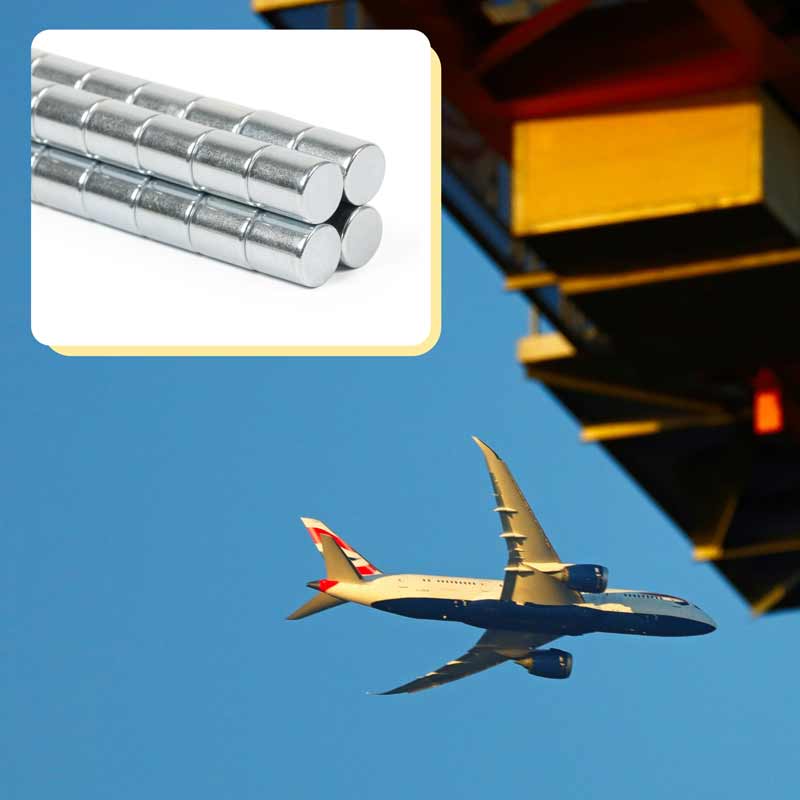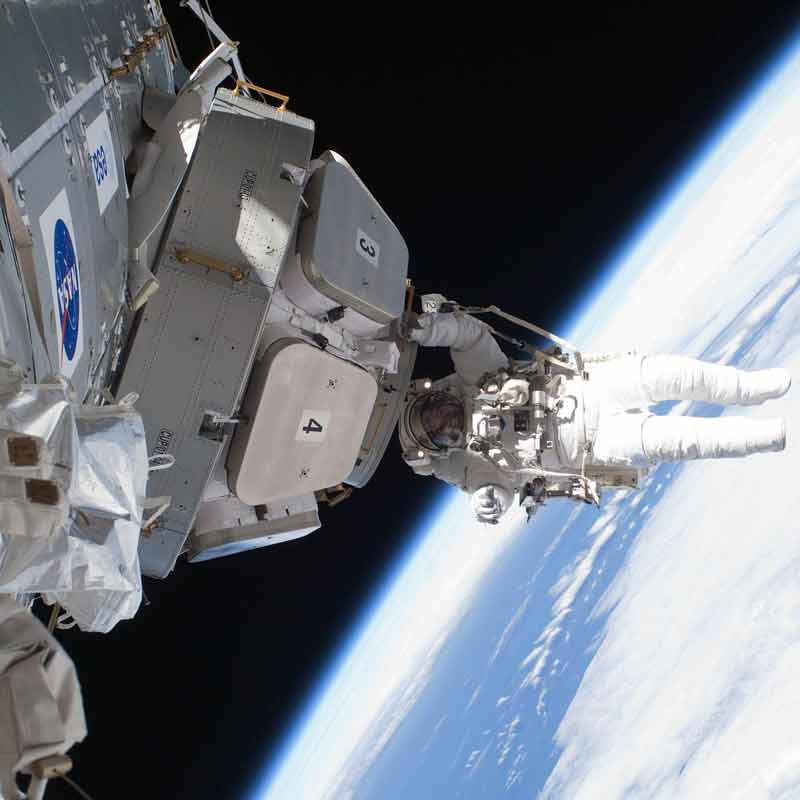Recent Post

Magnets in Restaurant Kitchens

Global supply challenges and HYAB’s role

Electromagnets – a more controllable magnet

Magnetic filtration in the process industry

Sheet metal handling – Easier with magnets
Magnets are used in space exploration and satellite technology
Published: 2023-04-01 12:18:49 • Daniel Gårdefelt
Magnets have long played an important role in space exploration and satellite technology. They are used in a variety of ways to aid scientific research, improve navigation, and ensure the safety and endurance of spacecraft.
Magnetic torques are one of the most common uses of magnets in space exploration. These devices create a magnetic field that interacts with Earth's magnetic field to control the spacecraft's orientation and stability. This allows spacecraft to maintain a stable position and direction without burning fuel, which is critical to resource conservation and mission longevity.
Magnets are also used in spacecraft science instruments such as spectrometers and magnetometers. Magnetometers are used to measure the magnetic fields of planets, moons and other celestial bodies, while spectrometers are used to study the composition of celestial bodies. Scientists can learn about the internal structures and motions of these entities, as well as their interactions with the solar wind and other events, by examining their magnetic fields.
Magnets are also used in satellite technology to improve communication and navigation. Magnetic shielding is used by several communications satellites to protect sensitive electronics from the harsh radiation environment in orbit. This shielding can also reduce interference and increase signal quality, making communication and data transmission more reliable.
Magnets are also used in satellite navigation systems such as GPS. The GPS system is based on a network of satellites orbiting the Earth, each equipped with an extremely accurate atomic clock and a set of magnetometers. These magnetometers measure the Earth's magnetic field, which is then used to determine the position and speed of GPS receivers on the ground.
The use of magnets in space exploration and satellite technology has changed our understanding and ability to explore the universe. Magnets will continue to play an important role in space science and exploration as technology advances.


